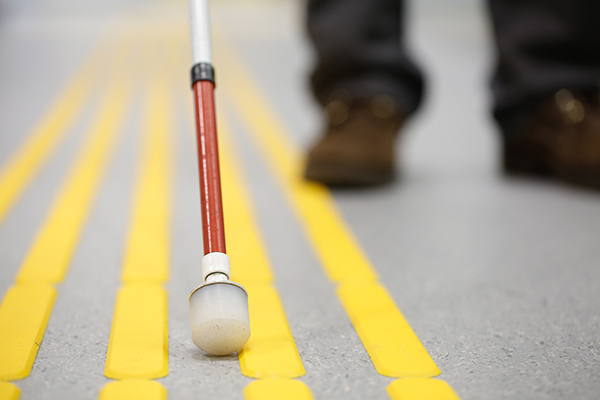Latest News Archive
Please select Category, Year, and then Month to display items
31 January 2018
Photo FNB Varsity Cup
 Lubabalo Dobela, Shimlas flyhalf (with the ball), played a key role in the Shimlas’ win over Tuks in the first round of the 2018 Varsity Cup.
Lubabalo Dobela, Shimlas flyhalf (with the ball), played a key role in the Shimlas’ win over Tuks in the first round of the 2018 Varsity Cup.
The Shimlas made a huge statement in their opening match of the 2018 Varsity Cup when they defeated last year’s champions at the Tuks Rugby Stadium in Pretoria.
The Free State students won the encounter against Tuks by 19-17 on Monday.
Tuks, who beat Shimlas twice last year, first in the group stage by 65-19, and then by 28-21 in the semifinals, were regarded as the hot favourites. The match was played in wet conditions which many thought would suit the home team better.
Determination carries team to win
But a young and inexperienced Shimlas team with 11 players making their debut in the competition proved that big hearts and guts count for just as much. It was only their third win in Pretoria in the 11th year of the competition and their second victory over Tuks since 2012.
As expected, both teams tightened up their approach. Shimlas struck back from a 0-5 deficit soon after the first strategy break as big and speedy wing Francois Agenbag stormed down the touchline to score a seven-point try. Flyhalf Lubabalo Dobela was on hand to convert and hand his team a 9-5 lead at the break.
Flyhalf stars in debut
The Shimlas extended their lead within five minutes of the restart as flank Benji Janse van Vuuren crashed over in the corner for a converted try. Dobela, one of the debutants who was named Player that Rocks (Player of the Match), controlled the match like a seasoned veteran. Apart from two difficult conversions from the touchline, he also slotted a penalty goal.
Tactile paving assists visually impaired
2017-10-28

Tactile paving is being installed at pedestrian crossings to assist
visually-impaired persons at the UFS.
Photo: Supplied
Crossing roads and accessing buildings has always been a challenge for people with visual impairments. They had to rely on peripheral sounds, such as car brakes and cues. However, after the installation of tactile paving – paving with special textures assisting the visually impaired to feel the difference between walking around on campus and crossing the road, this will no longer be a problem at the University of the Free State (UFS).
This is one of several developments that University Estates’ Department of Facilities Planning has in the pipeline for 2017 in order to ensure that the university attains its key component in providing a high-quality student experience.
Maureen Khati, Assistant Director of Project Management: Facilities Planning, says, “We saw the need to install these paving blocks in strategic spaces, as identified by the Center for Universal Access and Disability Support (CUADS).” She says these blocks will make it easier for people with visual impairments.
Special features designed to aid visually-impaired persons
These installations have special features that will assist those students and employees with limited vision or blindness to navigate through pedestrian crossings and the different campus buildings. The university chose a unique design of tactile paving that focuses on warning and directing those with visual impairments.
UFS eager to improve accessibility and mobility
The university, and all the stakeholders involved in this initiative, are delighted to be embarking on this project and are looking forward to its successful execution. To improve accessibility and mobility, more accessible entrances and exits will be built, effective signage will be installed inside and outside buildings, but the most important aspect is that dedicated seating space will be made available in lecture rooms for special-needs students.
Khati says, “More focus has been put on installing ramps in all buildings to make them more accessible for people with disabilities, as well as other needs required to enhance accessibility at the UFS.”
For the UFS, this initiative is one of many to come, as extensive research is being done and priorities are implemented accordingly.